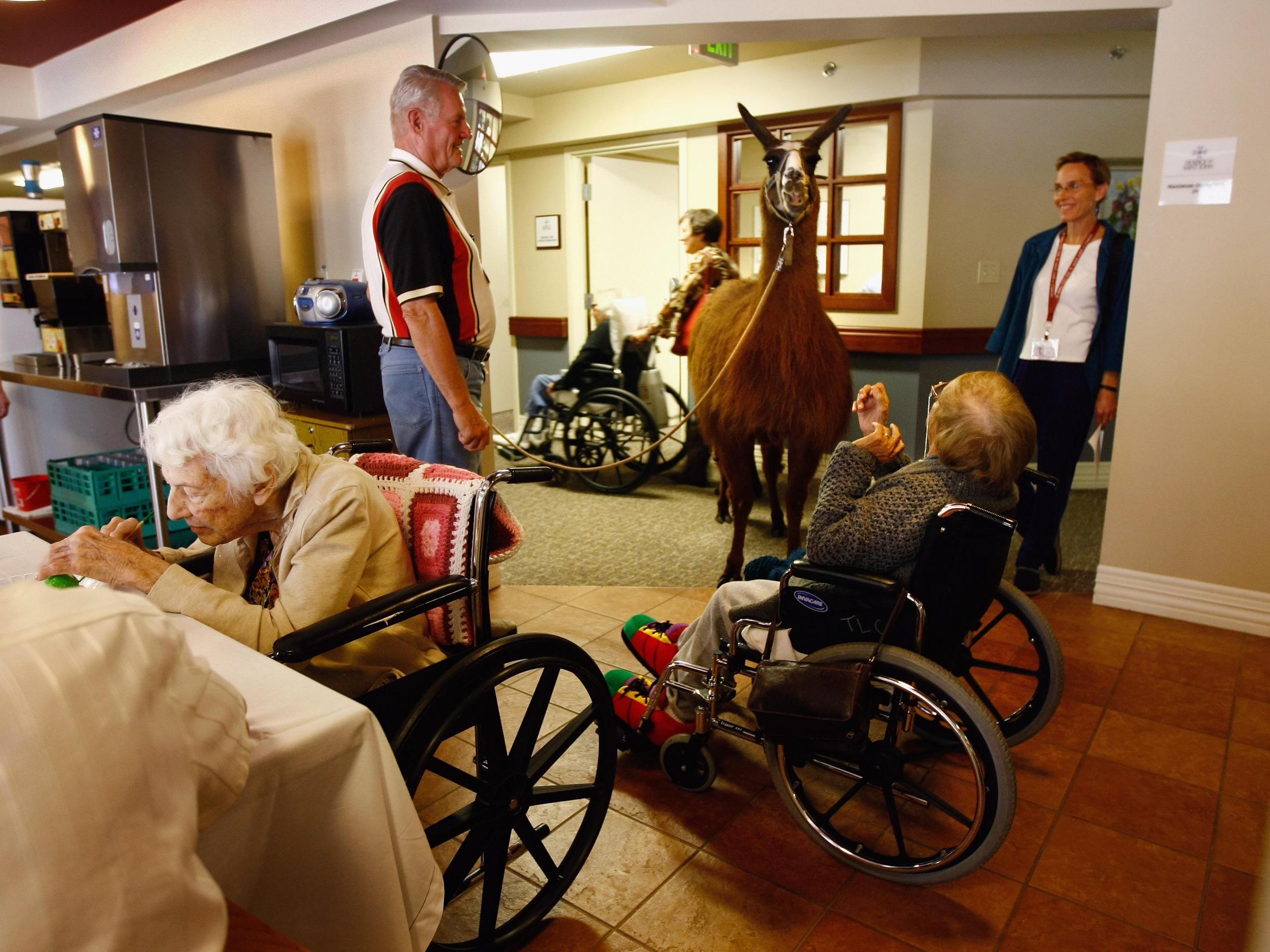NHS pressures having ‘devastating’ impact on dying patients
Exclusive: NHS delays are putting untold pressure on hospices

Your support helps us to tell the story
From reproductive rights to climate change to Big Tech, The Independent is on the ground when the story is developing. Whether it's investigating the financials of Elon Musk's pro-Trump PAC or producing our latest documentary, 'The A Word', which shines a light on the American women fighting for reproductive rights, we know how important it is to parse out the facts from the messaging.
At such a critical moment in US history, we need reporters on the ground. Your donation allows us to keep sending journalists to speak to both sides of the story.
The Independent is trusted by Americans across the entire political spectrum. And unlike many other quality news outlets, we choose not to lock Americans out of our reporting and analysis with paywalls. We believe quality journalism should be available to everyone, paid for by those who can afford it.
Your support makes all the difference.Patients are dying in hospital without their families because of pressure on NHS services, hospices have told The Independent.
A major care provider has warned that it has seen a “huge shift” in the number of patients referred too late to its services.
The warning comes as NHS England begins a new £32m contract with hospices to help hospitals discharge as many patients as possible this winter.
NHS chief executive Amanda Pritchard said the health service was preparing for an Omicron-driven Covid wave that could be as disruptive as, or even worse than, last winter’s crisis.
Hospices are already dealing with a “huge volume of death and patients needing support”, according to the head of policy at Hospice UK, Dominic Carter.
He told The Independent that hospices had seen a huge shift in the number of patients referred to their services too late, when they are in a “very serious” state of health.
He added: “We don’t really know what kind of support is actually out there for those people, while hospitals have difficulties and deal with challenges around backlogs and Covid. There are lots of people that have been in the community, where hospices are trying to reach them but aren’t always able to identify who needs that care and support.
“They’re really important, those five or six final days, for the individual and their families. Yet this is spent in crisis rather than being helped as much as possible in a comfortable environment by the hospice ... [instead] an ambulance is called, and they’re having to be cast into hospital.”
Mr Carter continued: “When there is such a significant increase in death, we hear from hospices that this is when there start to be creaks and cracks in the system, and where people either fall through the net or where [a] plan B has to be developed in a bit of a crisis situation.”
He explained there was a big risk of patients being rushed out of hospital without a care plan, and that this had already been happening.
He also said there was a concern that increased visiting restrictions and infection control measures would need to be brought into hospices due to the increased Covid risk.
The move to discharge thousands of patients from NHS hospitals into hospices comes as these services are already under strain and experiencing delays in receiving patients due to pressures on the ambulance service.
Hayley Wardle, director of quality and patient care at a hospice in North Derbyshire, acknowledged that ambulance services are doing their utmost under “severe strain”, but added: “We are witnessing first-hand the impact that ambulance wait times are having on our patients, many of whom are at the very end of life.
“These are people who do not have time to wait; every second is crucial. It can be the difference between dying in hospital or dying in the place of your choosing, such as at home or at the hospice, surrounded by your family.”
She said her hospice was seeing delays of up to five hours for patients needing to be admitted into their care, and similar delays for patients needing to be urgently discharged from the hospice.
Ms Wardle added: “These delays pile untold pressure onto our workforce, with staff working longer hours to accommodate late admissions and discharges. It also can have devastating consequences to our patients because of the impact on the care packages set up for them to return home.
“It can mean they miss the care visit booked for the afternoon, and then in some cases they are not due another one until the following day.”

Join our commenting forum
Join thought-provoking conversations, follow other Independent readers and see their replies
Comments